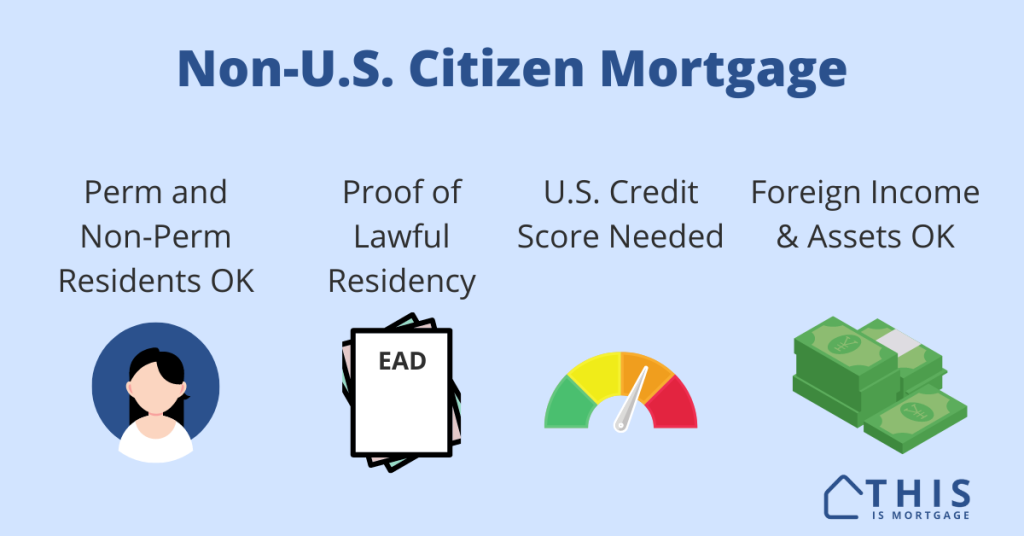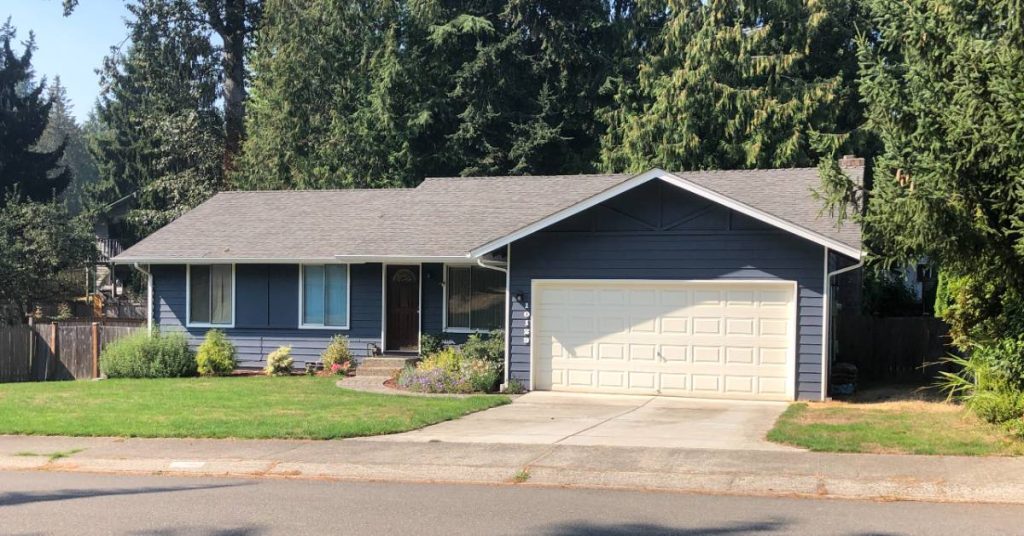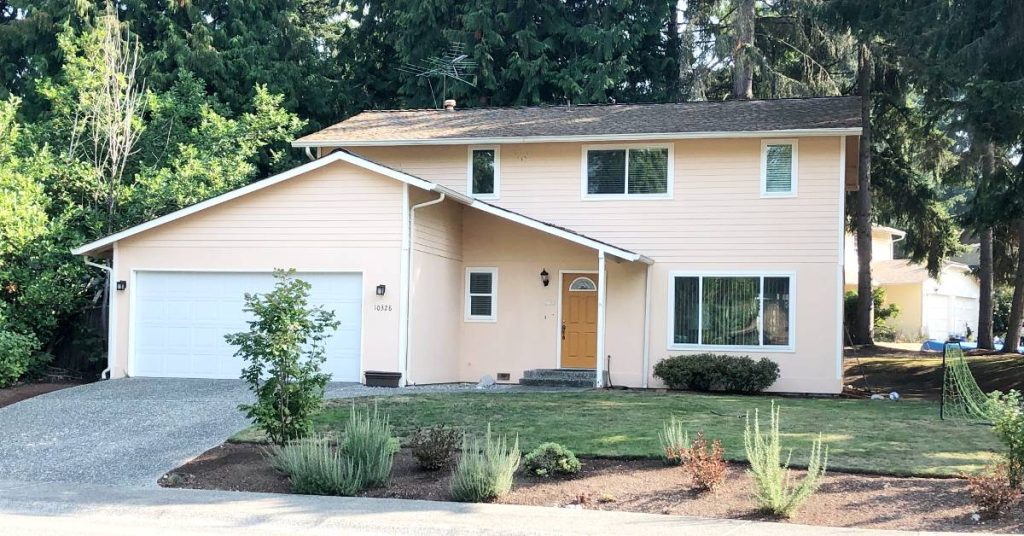You might be surprised that FHA, a U.S. government-sponsored mortgage, is available to non-U.S. citizens.
What’s more, non-citizens are eligible for the same FHA rates and terms as citizens. Homebuyers immigrating from other countries often find this hard to believe, but it’s true. Permanent and non-permanent residents are eligible.
Here’s how to get an FHA loan as a non-U.S. citizen.
Connect with a lender to see if you are eligible as a non-U.S. citizen.
Permanent resident alien green card FHA loans
According to HUD, the overseer of FHA, those with lawful permanent resident alien status are eligible for FHA loans.
When you apply with a mortgage lender, inform them of your immigration status. Supply your green card and social security card as proof.
Besides supplying these documents, the application and approval process is the same as for any FHA homebuyer. The lender will send you a list of documentation needed such as W2s, pay stubs, bank statements, and other items.
The lender will process the loan. If you’re approved, you can complete the home purchase just like any homebuyer.
Check your mortgage eligibility as a permanent resident alien with a lender.
Non-permanent resident alien FHA loans
Those with non-permanent resident alien status can get an FHA loan, but documentation requirements are more involved than for permanent residents.
Most non-permanent residents must have a social security number and an Employment Authorization Document (EAD, also known as Form I-766) from the U.S. Citizenship and Immigration Services (USCIS). This applies to DACA recipients as well.
But following are some exceptions and clarifications.
| Non-permanent resident alien type | Documentation needed |
| Most non-permanent resident aliens | Social security number (SSN) and an EAD |
| DACA recipient | SSN and an EAD with C33 category |
| Citizens of the Freely Associated States (FAS) | SSN and evidence of FAS citizenship (passport); no EAD required |
| Asylee or refugee status | SSN and one of the following: 1) EAD, or 2) I-94 as evidence of asylee or refugee status, or 3) USCIS Form I-797 notice indicating approval of a USCIS Form I-589, Application for Asylum or Withholding of Removal substantiating the refugee or asylee status. EAD is not required to prove eligibility to work, only to prove status. Those with asylee/refugee designation are eligible to work without an EAD. |
| Employee of the World Bank, a foreign embassy, or equivalent employer identified by HUD | No SSN needed (although some lenders will require an SSN) |
| H-1B visa holder | SSN and an EAD or Form I-94 evidencing H-1B status. Evidence of 1 year of employment by the H-1B employer is required. |
Expiring EAD
The lender will assume an EAD that expires within one year can and will be renewed. If you’ve never renewed your EAD before, then the lender must gather information from your employer or the USCIS to verify it can be renewed.
Connect with a lender to check your eligibility.
The above reflects recent changes
Note that many of these guidelines went into effect on July 26, 2021. Make sure the information you are getting about immigration status and FHA loans is accurate and current.
Lenders require a U.S. credit score
If you’re new to the U.S. in the past year, you may not have a U.S. credit score yet. Lenders can’t accept credit reports or scores from other countries.
You typically need around 1-2 years in the U.S. to build a credit score, assuming you have opened some credit accounts since your arrival. It’s a good idea to open accounts such as credit cards and perhaps an auto loan. You typically need three accounts for 12 months to generate a score that a lender can use.
If you do not have any credit, FHA lenders can accept non-traditional credit reports from a credit reporting company. Many credit reporting agencies can use your rent payments, utility payments, insurance payments, and items to generate a credit report and score. In other cases, the lender can gather the same documentation to manually establish your credit history.
It’s a good idea to check your credit long before you need a mortgage. You can do so for free at AnnualCreditReport.com. Check whether all three bureaus report 12 months of history for at least three accounts. This is a good indication that you may be able to generate a credit score when you apply.
Work with a lender to learn how to establish a credit score.
Foreign income and assets
Lenders can accept foreign income and assets for mortgage approval. They will hire translators for bank statements and income documentation that is in another language.
Lenders can also use online sources to convert a foreign currency amount to the equivalent in USD. This is to verify that you have enough money in the account to close the loan. You may need to show proof that foreign funds have been converted to USD prior to closing.
These situations are common for workers who recently moved to the U.S. for employment. If you have a social security number, H-1B visa, and a credit score, you don’t necessarily need a history of U.S.-based income to qualify.
It’s easier if you have been in the U.S. for some time and have enough assets in U.S. accounts to close on the home, but it’s not required.
Related: Using Foreign Income and Assets to Buy a Home in the U.S.
FHA alternatives for permanent and non-permanent U.S. residents
You can get a conventional loan from a lender that approves Fannie Mae loans. You need:
- A social security number or Individual Taxpayer Identification Number (ITIN)
- EAD, Greed Card, or another valid work visa
Conventional loans require just a 3% down payment. Non-traditional credit and foreign income history are acceptable.
Check your conventional loan eligibility with a lender.
Foreign Nationals
Those who do not have permanent or non-permanent status in the U.S. may still buy a home in the U.S., but there are no nationwide, government-sponsored programs available. Mortgages are typically known as foreign national loans and are available through various banks and mortgage companies.
These companies create their own rules for these programs. Many require a large down payment. Check with a variety of lenders that offer such programs for the best terms and rates.
Non-U.S. citizen FHA loan FAQ
Yes. Lawful residents of the U.S. with valid work authorization documents are eligible for the same FHA rates and terms as citizens.
You need a valid social security number. You may not need traditional credit score to qualify. Some lenders can establish credit history with non-traditional credit reports or documented on-time payments for rent, utilities, insurance, and other items.
Supply bank statements and income documentation even if it is in a language other than English. The lender can translate the documents. The lender can also look up exchange rates to determine the equivalent amounts in USD.
You can buy a home as a non-U.S. citizen
Non-U.S.-citizen homebuyers have the same opportunities to become homeowners as citizens. There are no rate increases or extra guidelines beyond proving lawful residency and work eligibility.
Start on your homebuying goal by applying for an FHA loan or another loan type. You could be surprised at how simple it can be to buy a home in the U.S.
Start your non-U.S. citizen mortgage by connecting with a lender.




